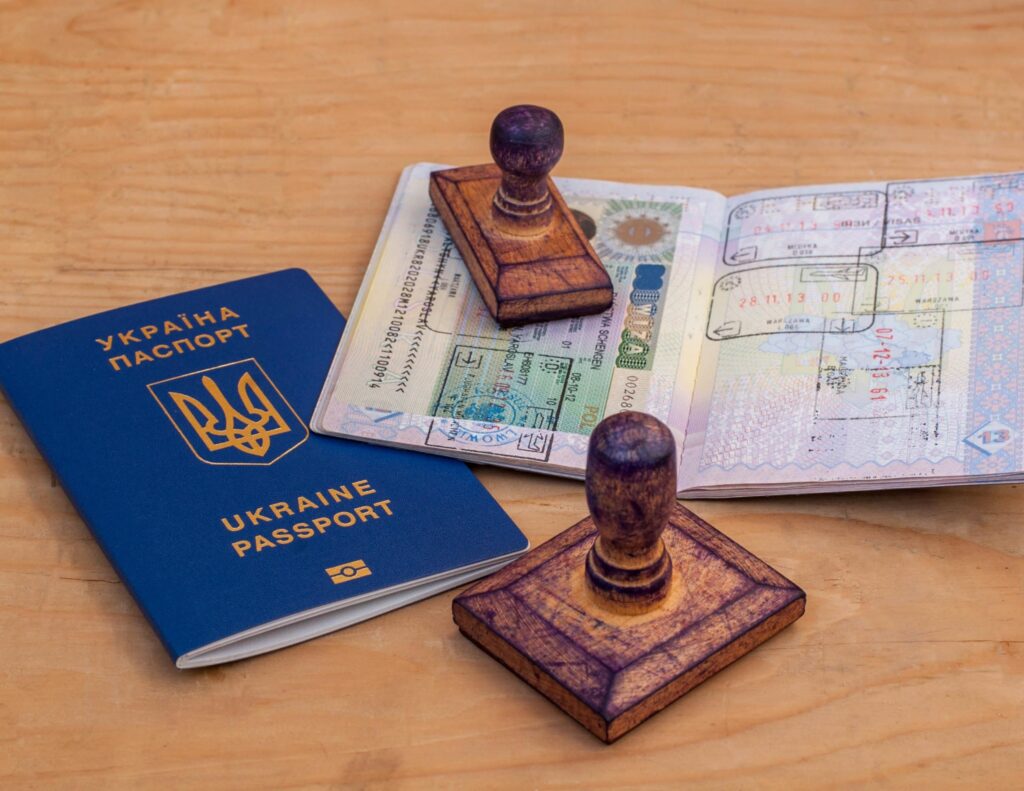
A Comprehensive Guide for International Students
Embarking on a journey to study abroad is a thrilling yet daunting experience. It’s a chance to broaden your horizons, immerse yourself in a new culture, and gain invaluable life skills. However, the transition can be challenging, requiring careful planning and adaptation. This comprehensive guide will navigate you through the key aspects of life abroad, from cultural adjustment to financial management, ensuring a smooth and enriching experience.
Adjusting to a New Culture: Embracing the Unknown
Culture shock is a natural response to navigating an unfamiliar environment. It’s characterized by feelings of confusion, disorientation, and even frustration. However, with proactive preparation and an open mindset, you can successfully navigate this phase and embrace the richness of your host country’s culture.
• Pre-Departure Preparation: Before you even pack your bags, delve into the culture of your chosen destination. Research its traditions, values, social norms, and etiquette. Familiarize yourself with basic phrases in the local language. Understanding the cultural nuances beforehand will ease your transition and prevent misunderstandings. Knowing about local customs, holidays, and even appropriate dress codes can significantly reduce the initial shock.
• Open-mindedness is Key: Approach your new surroundings with curiosity and a willingness to learn. Resist the urge to judge differences based on your own cultural lens. Instead, view them as opportunities for growth and understanding. Embrace new experiences, try local cuisine, and participate in cultural events. The more open you are, the more you’ll gain from your experience abroad.
• Building a Support System: Loneliness and homesickness are common among international students. Building a strong support network is crucial for emotional well-being. Connect with fellow international students who understand the challenges you face. Join campus clubs and societies that align with your interests. Participate in community events to meet locals and immerse yourself in the culture. Don’t underestimate the power of shared experiences and mutual support.
• Maintaining Familiar Routines: While immersing yourself in the new culture is essential, maintaining some familiar routines can provide a sense of comfort and stability. Continue pursuing your hobbies, whether it’s playing a musical instrument, painting, or engaging in sports. Cooking familiar dishes from home can also be a comforting way to connect with your roots. These routines can help you feel grounded during times of transition.
• Respecting Local Norms: Demonstrating respect for local customs and traditions is paramount. Pay attention to social cues, communication styles, and dress codes. Observe how locals interact and adapt your behavior accordingly. A little effort in understanding and respecting local norms goes a long way in fostering positive relationships and building bridges across cultures.
• Seeking Help When Needed: Don’t hesitate to reach out for help when you’re feeling overwhelmed or struggling to adjust. Universities often provide a range of support services for international students, including counseling, cultural adjustment programs, and academic advising. Many communities also have organizations that assist newcomers. Seeking help is a sign of strength, not weakness, and it can significantly improve your overall experience.
Managing Finances and Part-Time Work: Balancing Act
Financial planning is crucial for a stress-free experience abroad. Careful budgeting and responsible spending habits will allow you to focus on your studies and enjoy your time abroad without financial worries.
• Creating a Realistic Budget: Before you arrive, create a detailed budget that outlines your expected income (scholarships, family support, part-time earnings) and expenses (rent, groceries, utilities, transportation, entertainment, academic materials). Track your spending using budgeting apps or spreadsheets. This will help you identify areas where you can save and ensure that you have enough funds to cover your essential needs.
• Opening a Local Bank Account: Opening a bank account in your host country simplifies financial transactions. It reduces currency conversion fees, provides access to local banking services, and makes it easier to receive payments if you plan to work part-time.
• Prioritizing Essential Spending: Focus on covering your essential expenses first. Ensure that you have adequate funds for housing, food, utilities, and academic materials. Once your basic needs are met, you can allocate funds for leisure activities and entertainment.
• Finding Part-Time Work: Many countries allow international students to work part-time, but there are usually restrictions on the number of hours you can work per week. Check your visa conditions and work permit requirements before seeking employment. On-campus jobs, such as library assistant, tutor, or research assistant, are often flexible and convenient for students. Freelancing opportunities in areas like writing, graphic design, or tutoring can also provide additional income.
• Saving on Living Expenses: There are many ways to save money while living abroad. Cooking meals at home instead of eating out frequently can significantly reduce food costs. Sharing accommodation with roommates can help you save on rent and utilities. Utilizing public transportation or student travel passes can make commuting more affordable.
• Building an Emergency Fund: It’s wise to set aside a portion of your budget for unexpected expenses, such as medical emergencies, travel, or urgent repairs. Having an emergency fund can provide peace of mind and prevent financial strain in unforeseen circumstances.
• Understanding Taxes: Depending on the country, international students may be required to file tax returns on any income earned. Familiarize yourself with local tax regulations and any exemptions that may apply to students. Understanding the tax system will help you avoid penalties and ensure compliance.
• Balancing Work and Studies: While part-time work can be beneficial, it’s crucial to maintain a balance between work and studies. Ensure that your work hours don’t negatively impact your academic performance or well-being. Prioritize your studies and manage your time effectively.
Adapting to life abroad is a journey of personal growth and discovery. It requires patience, resilience, and a willingness to embrace new experiences. By planning ahead, managing your finances responsibly, and staying open to new cultures, you can make your time abroad an enriching and unforgettable chapter in your life. Remember to be kind to yourself, celebrate small victories, and learn from any challenges you encounter. Your international experience will not only enhance your academic credentials but also equip you with invaluable life skills that will benefit you for years to come.



